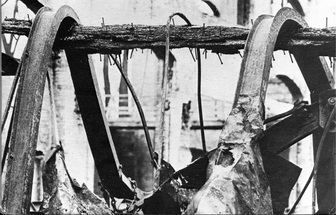 The 2nd Symposium about wood construction happened in August, 2014 in Curitiba, Brazil. Not only wood research associations and companies who work with this raw material in ‘clean constructions’ way, but also researchers, professors, professionals and students from Architecture, Wood and Forest Engineer were there to discuss the necessary change of this actual Brazilian scenery about wood constructions. Why is so difficult to build a wood’s house in Brazil? The actually politics in the country don’t contributed for the development on the wood construction sector. Banks don’t finances this tippy of construction, because of the old legend that wood is flammable or just don’t have the characteristics of a durable material. The architects complain that they don’t know where to find uniform structural components of wood in the market. The preoccupation with certification (FSC) is knew but the lumber dealer doesn’t establish regular sizes because sometimes don’t even know exactly what the market want. A forest student said: “We just care about how fast our eucalyptus and pinus grow. Brazil has about 1,4% (ABIMCI) from the hole extension with reforesting. That is a shame for a huge country like us, we need to argue with our politics to ask for incentives that really will bring good wood materials, not only energy and paper but also raw material for constructions.“ In Brazil, people usually see that houses made of wood are just for poor people and also think that just masonry houses could resist forever, even they now that is not true. This cultural barrier had changed, and in south of Brazil the firsts real estate venture made by “clean construction” that uses wood, were financed. Techniques as “Wood Frame” as the Brazilian Tec Verde build, and “Glued Laminated Timber” are not yet extended used, not just about the price, but also for missing information. The discussion incentive professionals from this sector to know each order, as well as to provide a network between university, companies and community.
1 Comment
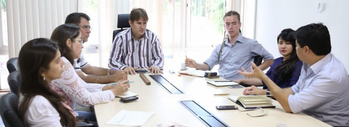 Last week a exploratory visit in Acre, Brazil, was organized. In order to extend our network in South America, several research institutions and private companies willing to work with bamboo were consulted. One of the next steps will be a map of competences in bamboo research on state level. This step should help to coordinate development activities in the regional bamboo sector as well as clearly define research topics of each partner. Abroad investors as well as our German home institution (University Hamburg) will prospectively benefit of these infrastructure overview. Among a number of innovative ideas in the private sector, a special meeting with institutional representatives resulted in a possible cooperation between Paraná State University, Acre State University and University Hamburg. More information (portugues): http://www.ufac.br/portal/news/entidades-discutem-acoes-para-o-desenvolvimento-integral-do-bambu Only five weeks are left until we head to Brazil. I will lead an excited group of six students from our home institute in Hamburg. Already today we have some preliminary reporting which I simply wanted to share (see below)
Für die gemütlichen Abendstunden ein paar interessante Beiträge über Brasilien, Acre usw. Die Amateur-Doku "Mata?" ist von einigen Studenten 2012/2013 erstellt worden. Ein kleiner Vorgeschmack auf das was euch erwarten könnte. Im Falle von sprachlichen Barrieren: Pula! Spring!.
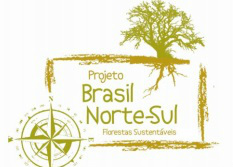 By Renato Robert, Project Coordination “Brasil Norte-Sul”, Prof. for Engineering and Forest Technology (UFPR), slightly modified by GS (UHH): Brazil has a total area of 851 million hectares, 477.7 million of which are covered by natural forests, grouped into six Brazilian biomes: Amazon, Caatinga (xeric scrubland and forest), Cerrado (savannah), Atlantic Forest, Pantanal (tropical wetland) and Pampas (grassland), besides 5.6 million hectares of plantation forests. Alone, the Amazon biome corresponds to 49.29% of the national territory, being the largest continuous area of tropical forest on Earth. Also, it harbours a quarter of all fauna species on the planet and more than 20 thousand different plant species that grow exclusively in that region. It plays an important role in climate regulation, water quality maintenance, erosion control, and the provisioning of other ecosystem services. However, according to the National Institute of Amazon Research (INPA) (on www.amazonia.org.br as of March, 2013), the Amazon has had 207.6 km² of its area deforested between the months of November and December of 2011, an area equivalent to over 20 thousand soccer fields and 50% more than what was registered over the same period the year before. For some years there has been a growing concern with the sustainability of our economic models. Along this tendency, the year of 2011 was declared by the United Nations as the International Year of Forests. This aimed at raising awareness in the global society as to the importance of the conservation and preservation of forests in order to ensure the continuation of life on the planet. In 2012 Brazil hosted the UN world conference on the Environment “Rio+20” in Rio de Janeiro, which was the sequel to the Earth Summit in 1992. These events also considered the growing concern of the general community, scientific as lay, regarding the policies that have been made in the Amazon region. And despite the discussion about adopted policies in 2011 and international efforts to increase awareness, there are still many setbacks to be overcome. Thus, there stands, still, the importance of the year of 2012 in the political, historical and economic context in Brazil, as much as the basic functions of public universities, i.e., the role of teaching, research and extension. The extension is the most efficient interaction between students - future professionals that represent the mentality of the university - and the community in which they are inserted. Study tours, field trips and summer courses are one of the main examples of extension programs, which provide to the participants complementing knowledge and fulfillment of academic learning through hands-on experience. Accordingly, it is intended to bring to students of Forestry from Federal University of Paraná and from partner universities such as the Rural Federal University of Rio de Janeiro and the German Universities of Eberswalde Freiburg and Hamburg, the reality of Forest Management in the Brazilian Amazon associated to concepts of Sustainable Development, Forest Based Industries, teaching institutions and companies which use non wood forest products. It is the purpose of this trip to provide valuable insights into the realities of forest management in the Brazilian Amazon as well as gaining experiences on how forest-related products and value-chains work in this unique environment. Groups of students from various backgrounds and regions will work together to create the multinational fundaments for prospective and responsibly acting decision-makers. In some parts the following information is to prepare and communicate the actual "viagem" in July 2014. Comments and critics are always warmly welcome! |
| TOPICS |This is the place where comments and news around "wood, bamboo, people" get published. | Categories |
All
| Archives |
August 2015
|
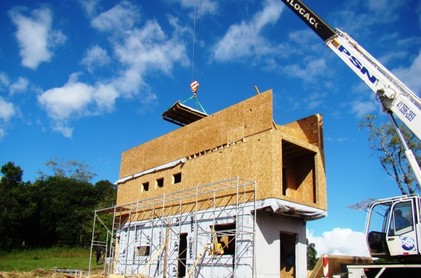
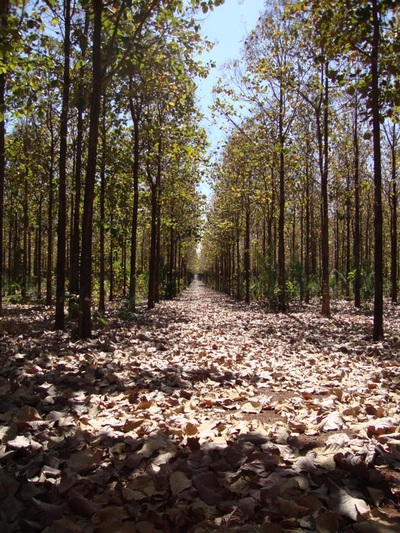

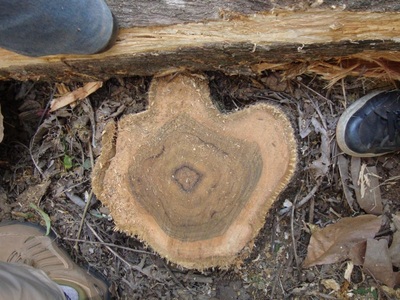
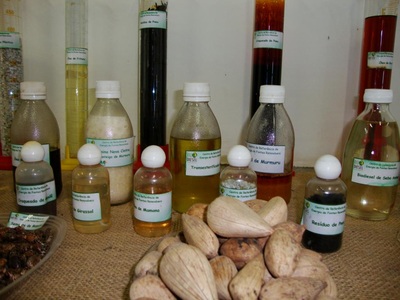
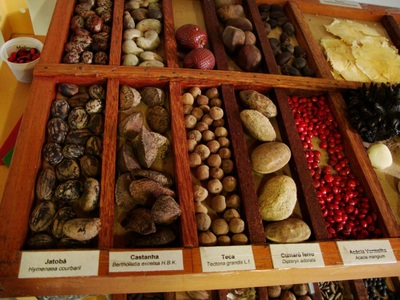
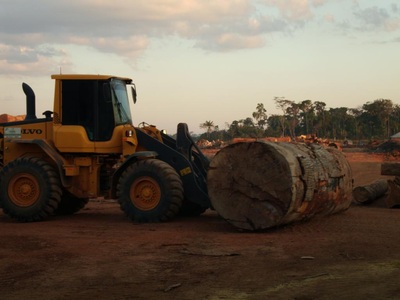
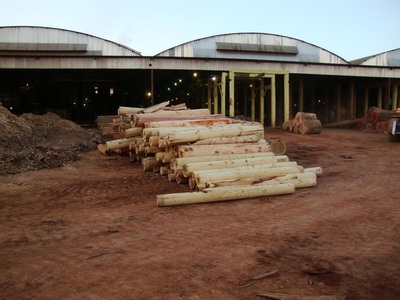
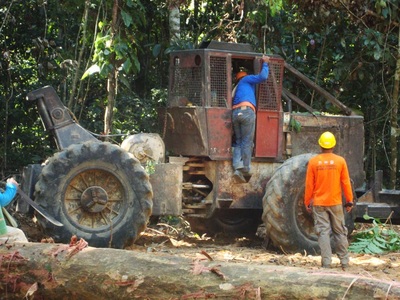
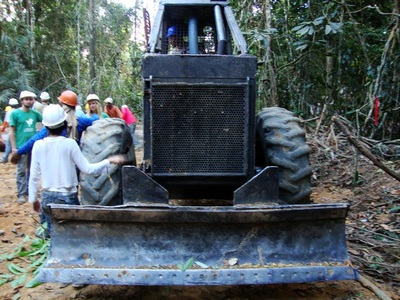
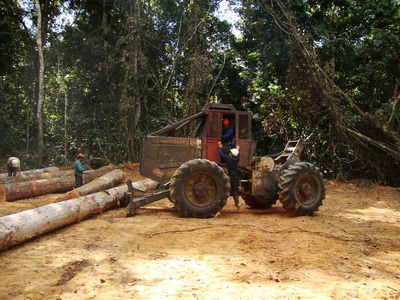
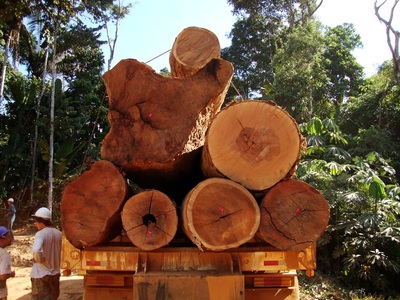
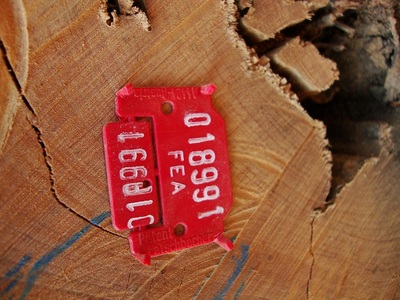
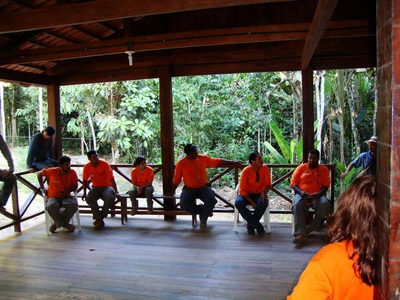

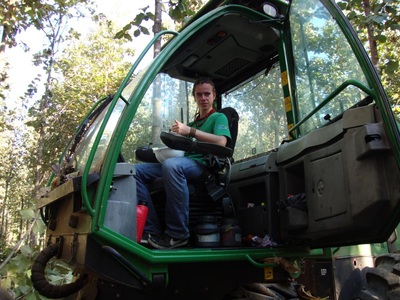
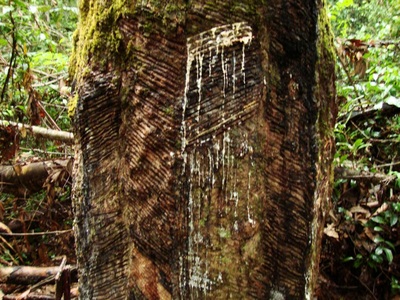
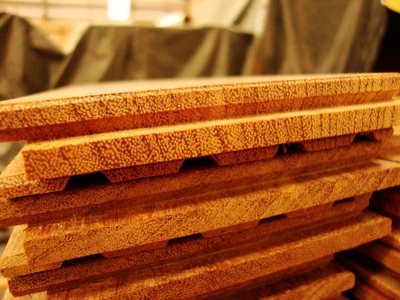
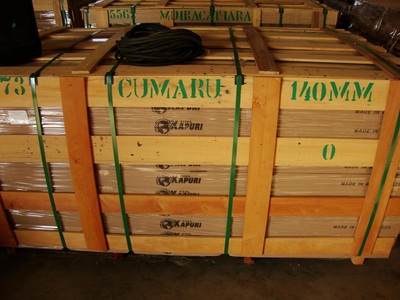

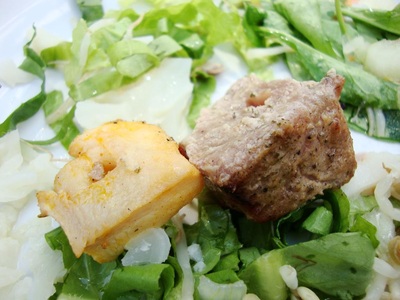
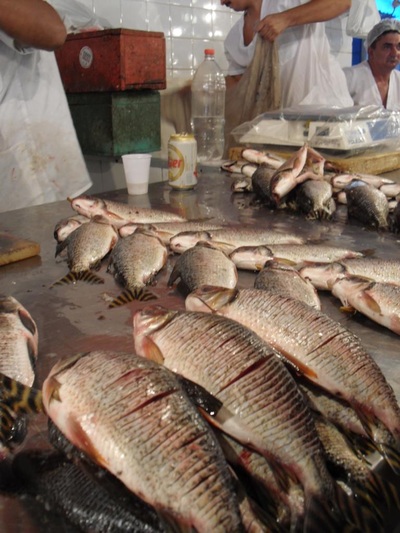
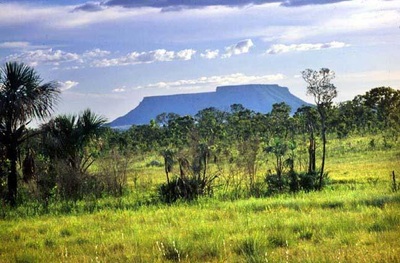
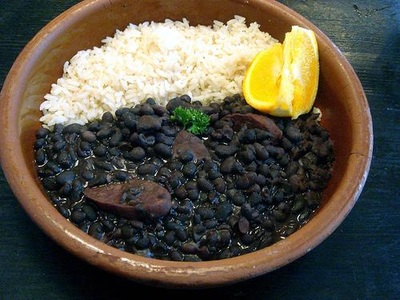
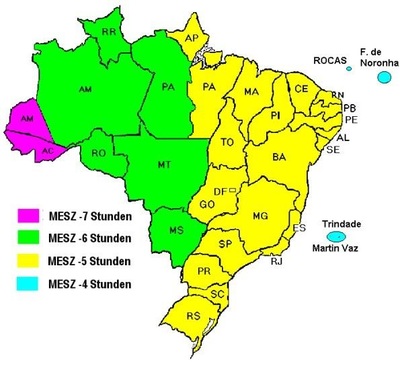
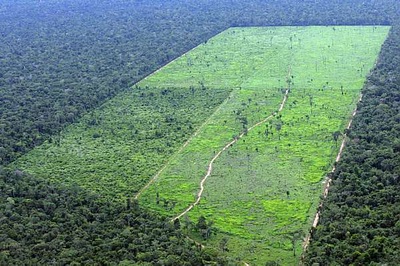
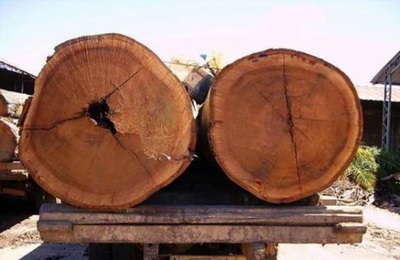
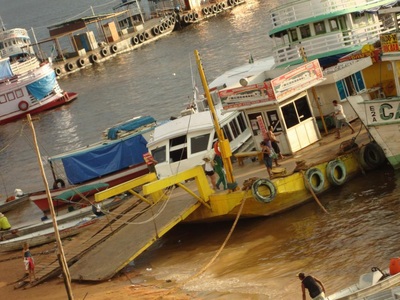
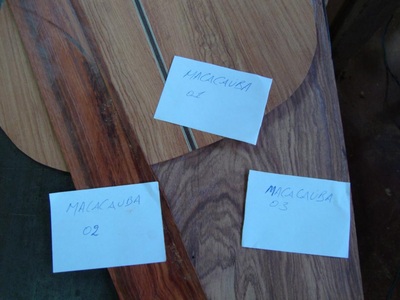
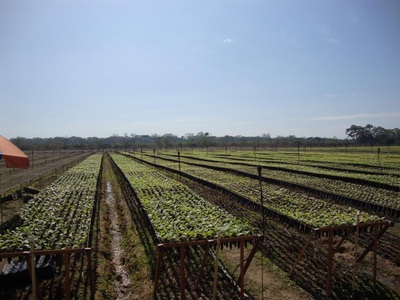
 RSS Feed
RSS Feed
